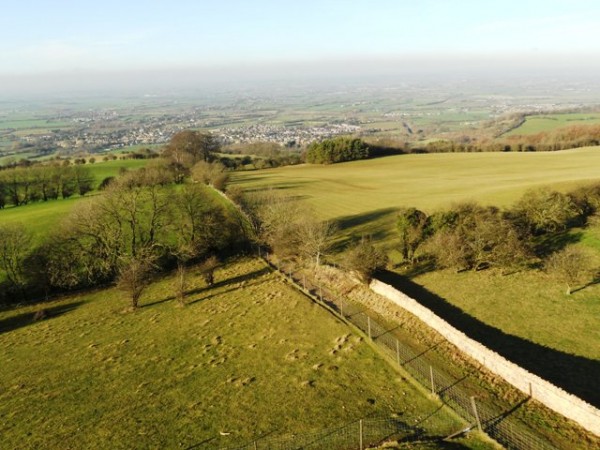
I looked down from the crest of the hill, heart rate slowly settling after a draining climb in the midday heat. A patchwork of fields spread out into the far distance, with only a church spire and a few distant roofs providing a contrast to the shades of green and yellow so typical of the English countryside in summer.
There is surely no better way to experience the best of rural England than by a walk along its many well-marked footpaths. It’s something I love to do at every opportunity, but when people describe this activity as a form of responsible tourism, I get a little uneasy.
Ask different folks what responsible tourism means and you’re likely to get some sharply contrasting answers. Those flying the flag for sustainability and carbon reduction will point to a holiday where you use your car sparingly, choosing instead to get around by public transport (not flying of course) and indulging in plenty of walking or cycling. On this green holiday you will bring your reusable bottle full of tap water and refill it from springs along the way. You’ll pack a few organic snacks and set off into the surrounding countryside for the day. For lunch you might stop at a pub that specialises in locally sourced organic food, while the encounters you have along your walking route will offer you a chance to gain a deeper understanding of the local culture.
Ask people who live in a tourist town and the answer you get will often be quite different. If you turn up in their town and use it as a base to go walking for example, you’ll probably tick all of the right environmental boxes but how much are you actually helping them?
We were recently staying near Bourton-on-the-Water, an extremely busy tourist hotspot in the English Cotswolds. We did indeed spend most of our time walking in the surrounding area, packing only a few things with us for our days in the countryside. On the one hand we left a reassuringly modest carbon footprint, using our small diesel car only to get to a few of the more distant footpaths. On the other hand we largely neglected the tourist infrastructure set up for visitors like us. Bourton boasts several tourist attractions – there’s a highly publicised bird park, a perfumery, a model village and a model railway exhibition for starters. Collectively these businesses no doubt play an important role in providing employment for local people; shouldn’t this be where sustainable travel efforts should be focussed?
What is more responsible behaviour as a tourist: traipsing around the fields enjoying the best of the natural environment and only spending money on a few ice-creams and a meal a day? Or does it benefit an area more if you stay in one place, breaking up a comprehensive tour of the local pubs and tea rooms with a visit to the man-made attractions on offer.
I didn’t lose any sleep over this dilemma of how best to be a good tourist; the long days of walking saw to that very effectively. Not for the first time however, I did stop to ponder the question: what is responsible tourism and whose interests should it seek to serve?




